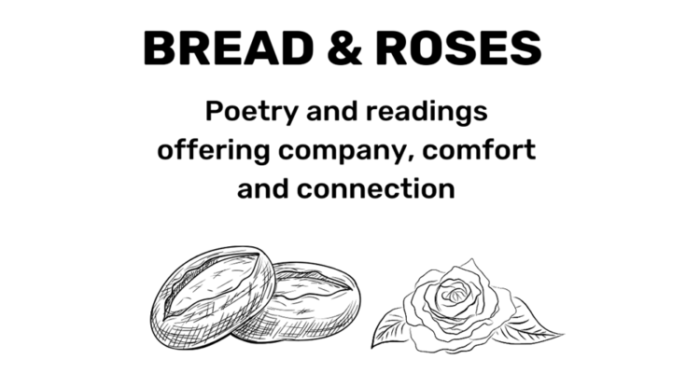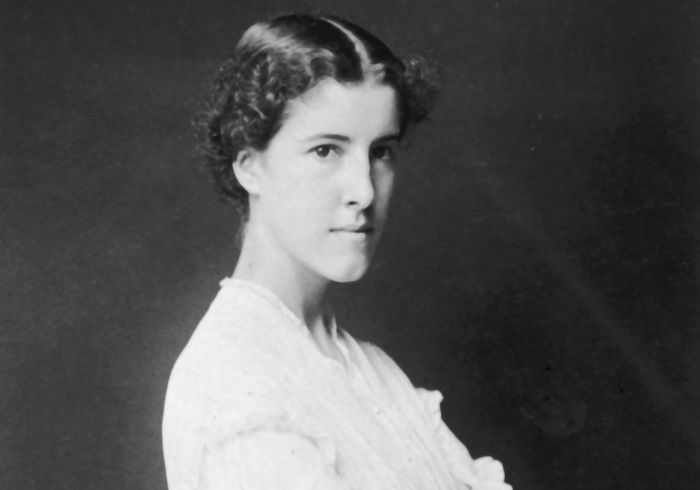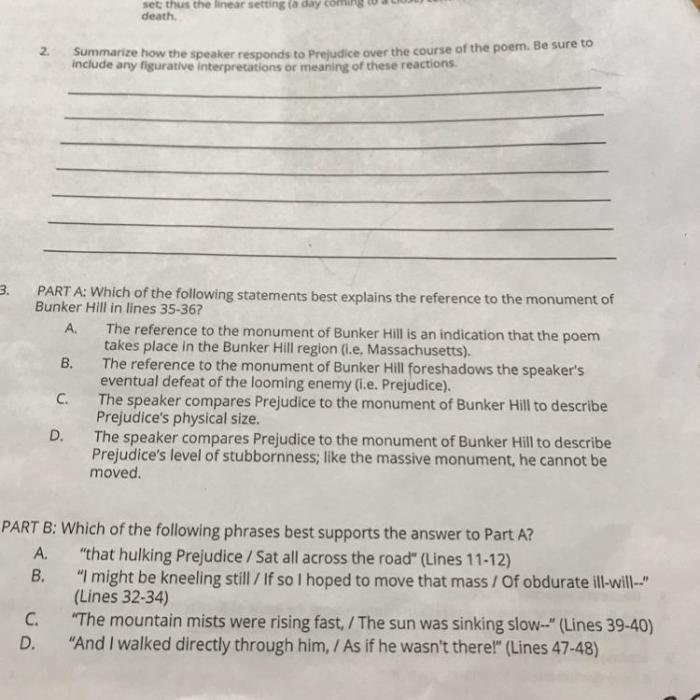An obstacle charlotte perkins gilman – Charlotte Perkins Gilman’s life and work were marked by the obstacles she encountered as a woman in the late 19th and early 20th centuries. This essay will explore the societal expectations, lack of self-reliance, limited access to education, and the impact of her writing on social change that shaped her experiences.
Gilman’s story serves as a reminder of the challenges faced by women in the past and the progress that has been made since then. Her work continues to inspire and empower women today, making her a significant figure in the history of feminism and social justice.
The Oppressive Nature of Society’s Expectations

The societal norms and expectations of the late 19th century significantly hindered Charlotte Perkins Gilman’s personal and professional growth. As a woman, she was expected to conform to the traditional roles of wife and mother, which limited her opportunities for education and career advancement.
These expectations stifled her creativity and prevented her from fully realizing her potential.
Limited Educational Opportunities
Gilman’s access to education was severely restricted by the prevailing belief that women’s intellectual development was inferior to that of men. She was denied admission to higher education institutions and had to rely on self-study and private tutors to acquire knowledge.
Constrained Career Choices
Gilman’s career options were also limited by societal expectations. She was discouraged from pursuing a professional career and was expected to focus on domestic duties. Despite her talent and ambition, she faced significant barriers in entering the male-dominated fields of writing and social reform.
Stifled Creativity
The oppressive nature of society’s expectations stifled Gilman’s creativity and prevented her from expressing her full potential. She was often dismissed as a “radical” or “unfeminine” because her ideas challenged traditional gender roles. This criticism discouraged her from pursuing her writing and advocacy work.
The Importance of Self-Reliance and Independence

Self-reliance and independence were fundamental values for Charlotte Perkins Gilman, shaping both her personal life and her literary work. As a woman and a writer in the late 19th century, she faced significant societal constraints and expectations. These experiences fueled her determination to promote the importance of self-sufficiency and individual agency for women.
Gilman’s Personal Experiences
Gilman’s own struggles with mental illness and an oppressive marriage led her to question the traditional roles and expectations placed on women. She believed that women needed to be able to support themselves financially and emotionally in order to live fulfilling lives.
Gilman’s Literary Work
Gilman’s writing often explored the themes of self-reliance and independence. In her most famous work, “The Yellow Wallpaper,” the protagonist’s descent into madness is a result of her isolation and lack of agency. Gilman’s other works, such as “Herland” and “Women and Economics,” advocated for women’s economic and social independence.
The Power of Education and Knowledge

Education and knowledge were pivotal in shaping Charlotte Perkins Gilman’s life and career. Her access to higher education and intellectual resources empowered her to question societal norms, develop her own ideas, and pursue her path as a writer, lecturer, and social reformer.
Education and Personal Development
- Gilman’s early education at the Rhode Island School of Design fostered her artistic and intellectual abilities.
- She continued her education at the California School of Design, where she studied art and design, broadening her knowledge and skills.
- Gilman’s pursuit of knowledge extended beyond formal institutions. She was an avid reader and engaged in intellectual discussions, which contributed to her personal growth and intellectual development.
Education and Professional Empowerment
- Gilman’s education provided her with the knowledge and skills necessary for her writing career. She used her knowledge of art, literature, and social issues to craft powerful and thought-provoking works.
- Her access to education and knowledge enabled her to challenge traditional gender roles and advocate for women’s rights and equality.
- Gilman’s writings on sociology, economics, and women’s issues were widely read and influential, demonstrating the power of education and knowledge in shaping public discourse and social change.
Education and Societal Transformation
- Gilman believed that education was essential for societal progress. She advocated for equal access to education for women and girls, recognizing its transformative power in empowering individuals and fostering social change.
- Her work as a lecturer and social reformer was driven by her desire to educate the public on important social issues and inspire positive change.
- Gilman’s legacy as a feminist and social reformer is a testament to the profound impact that education and knowledge can have on individuals and society as a whole.
The Impact of Gilman’s Writing on Social Change

Charlotte Perkins Gilman’s writing had a profound impact on social change and the women’s movement. Her work challenged traditional gender roles, promoted women’s rights, and influenced social and political reforms.
Gilman’s most famous work, “The Yellow Wallpaper,” exposed the oppressive nature of societal expectations and the importance of women’s self-reliance and independence. Through her writing, she criticized the limitations imposed on women and advocated for their liberation from patriarchal constraints.
Challenging Gender Roles, An obstacle charlotte perkins gilman
Gilman’s writing challenged traditional gender roles by depicting women as complex, intelligent, and capable individuals. She portrayed women who defied societal expectations, pursued their own ambitions, and rejected the limitations imposed on them based on their sex.
- In “Herland,” Gilman created a utopian society where women held all positions of power and influence, challenging the notion that women were inherently inferior to men.
- In “The Daughter of the Samurai,” she explored the complexities of gender roles in Japan, arguing that women were capable of great strength and independence.
Promoting Women’s Rights
Gilman was a staunch advocate for women’s rights. She campaigned for suffrage, education, and economic opportunities for women. Her writing played a significant role in raising awareness of the need for social and political reforms to improve women’s lives.
- Gilman founded the Women’s Economic Club of New York, which provided support and training for women seeking employment.
- She wrote extensively on the importance of birth control, arguing that women should have control over their own bodies and reproductive choices.
Influencing Social Change
Gilman’s writing had a tangible impact on social change. Her work inspired activists and reformers, and her ideas were incorporated into social and political movements. Her writing contributed to the growing awareness of women’s rights and the need for gender equality.
- Gilman’s writings were widely read and discussed by women’s rights activists, and her ideas influenced the development of the suffrage movement.
- Her work on birth control helped to raise awareness of the importance of reproductive rights and influenced the development of birth control clinics.
Gilman’s Legacy and Continuing Relevance: An Obstacle Charlotte Perkins Gilman

Charlotte Perkins Gilman’s legacy endures as her work continues to inspire and empower women and promote social justice. Her ideas about gender equality, economic independence, and the importance of education remain relevant in contemporary society.
Contemporary Movements and Organizations
Gilman’s writings have influenced numerous contemporary movements and organizations, including:
- Feminist Movements:Gilman’s work has been instrumental in shaping feminist thought and activism, particularly in the areas of women’s suffrage, economic rights, and reproductive freedom.
- Women’s Economic Empowerment:Organizations such as the National Women’s Business Council and the Women’s Economic Forum have been inspired by Gilman’s ideas about women’s financial independence and entrepreneurship.
- Education Reform:Gilman’s emphasis on the importance of education for women has influenced educational policies and programs that promote gender equality in access to and quality of education.
Helpful Answers
What were some of the societal expectations that hindered Charlotte Perkins Gilman?
Gilman faced societal expectations that limited her opportunities and stifled her creativity. These expectations included the belief that women were primarily responsible for domestic duties and that they were intellectually inferior to men.
How did Gilman’s experiences as a woman and a writer shape her views on self-reliance and independence?
Gilman’s experiences as a woman and a writer taught her the importance of self-reliance and independence. She believed that women needed to be able to support themselves financially and intellectually in order to be truly free.
What role did education and knowledge play in Charlotte Perkins Gilman’s personal and professional development?
Education and knowledge played a vital role in Gilman’s personal and professional development. She believed that education was essential for women’s empowerment and that it could help them to challenge societal norms and pursue their own paths.
What was the impact of Gilman’s writing on social change?
Gilman’s writing had a significant impact on social change. Her work challenged traditional gender roles and promoted women’s rights. It inspired countless others to fight for a more just and equitable world.
What is Charlotte Perkins Gilman’s legacy?
Charlotte Perkins Gilman’s legacy is one of resilience, determination, and a deep commitment to social change. Her work continues to inspire and empower women today, making her a significant figure in the history of feminism and social justice.